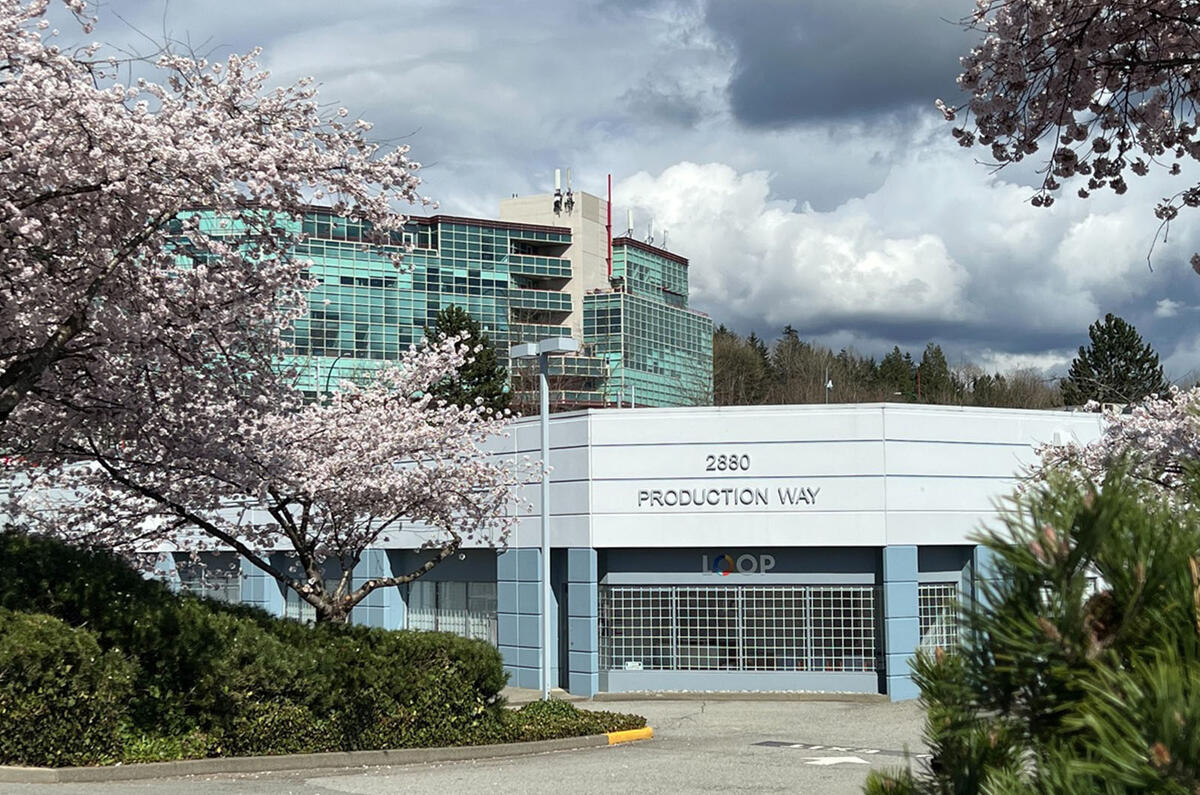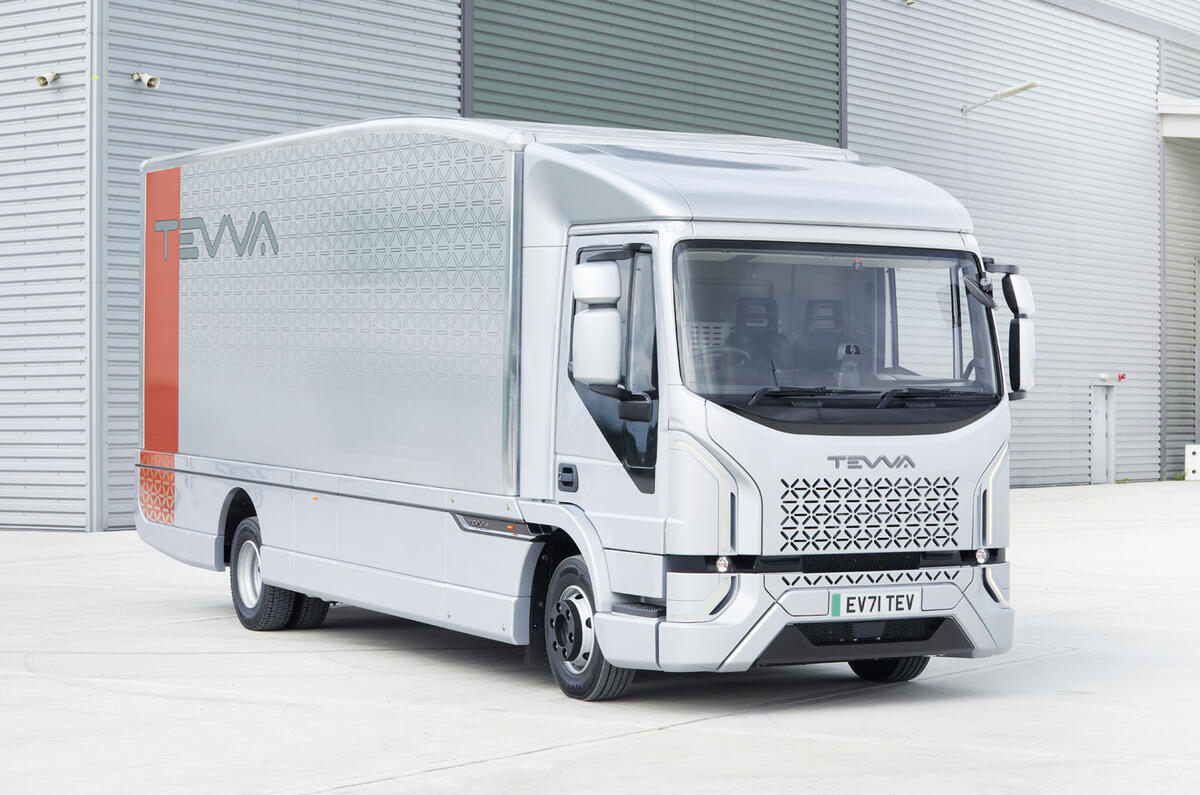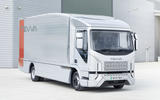Canadian engineering firm Loop Energy will open its first UK facility later this month to supply hydrogen fuel cells to the commercial vehicle sector, beginning with FCEV lorry manufacturer Tevva Motors.
The new facility in Grays, Essex, will initially hire a small number of people in roles including customer service, inventory management and production support. The team will eventually number in the tens, scaling to meet customer demand.







Add your comment